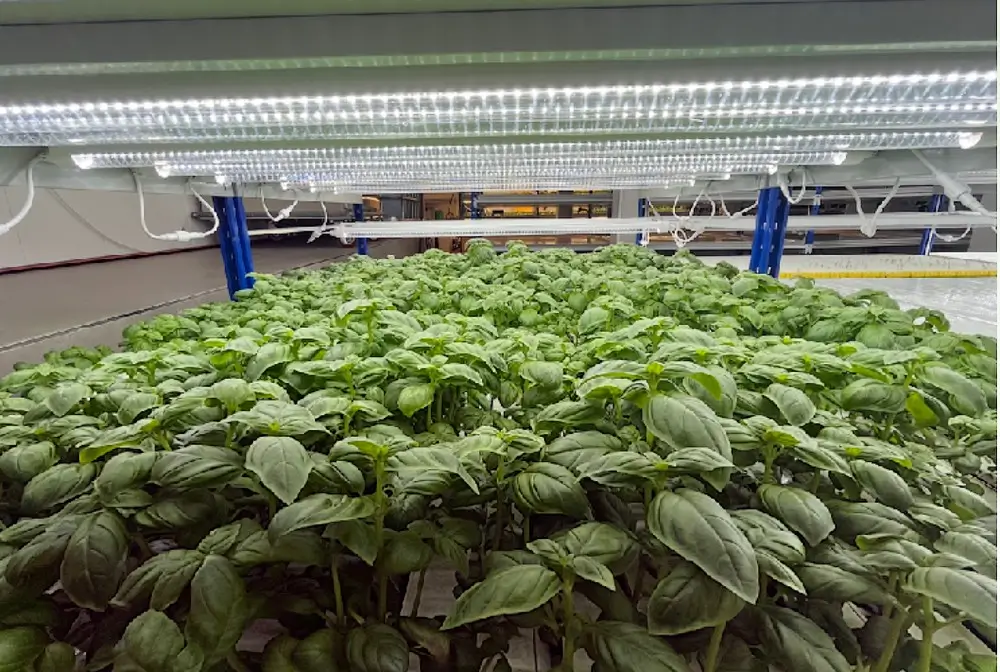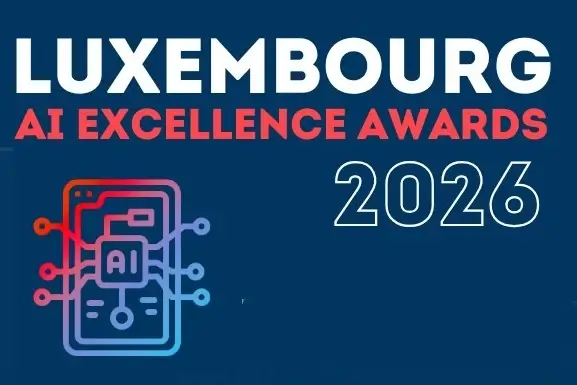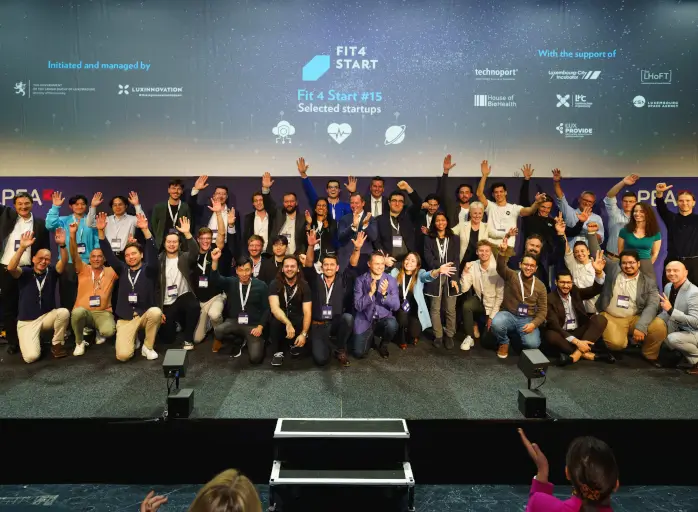

Taking care of the food industry
A year and a half ago, Luxinnovation and the Ministry of Agriculture signed an unprecedented agreement to support and strengthen the competitiveness and sustainability of the agrifood sector through innovation.
 Jean-Michel Gaudron
Jean-Michel Gaudron
Drawn up for an initial period of three years, the agreement signed between Luxinnovation and the Ministry of Agriculture, Food and Viticulture aims to support innovation projects by players upstream and downstream of agricultural production. For example, it is a question of developing or setting up new value chains, but also strengthening and diversifying companies, in order to support economically viable, socially fair and eco-responsible agriculture.
Innovation, digitalisation, sustainable development and collaboration with research stakeholders, through public-private partnerships, are the major pillars of this approach, which targets both stakeholders in the value chain, upstream and downstream of the agricultural sector, as well as all those who provide support.
"In a year and a half, we have been in direct contact with around forty companies in the agrifood sector, with more than 70 service proposals cumulatively," explains Claude Hostert, Senior Advisor – Agrifood at Luxinnovation, in charge of coordination within the agency and support for the various innovative national initiatives in the sector. Our teams of experts have concretely supported 24 projects by 18 companies, through instruments like the Fit 4 programmes, R&D & Innovation funding and the Digital Innovation Hub (DIH)."
A wide variety of support
The variety of support provided alone illustrates the richness of the field. Examples include:
- support for Domaines Vinsmoselle's digitalisation projects through a Light Digital Maturity Assessment carried out by the DIH and the Fit 4 Digital programme;
- the development of recommendations for the Dussmann Catering to reduce food waste and increase energy efficiency through the Fit 4 Sustainability programme;
- support for the development of an “Indoor farming” solution designed by Fitotech through the R&D&I scheme;
Luxinnovation's action is also reflected in an intense activity of networking and driving collaborative projects bringing together public and private actors. "We also support projects that aim to exploit synergies between greenhouse food production and other related economic activities, which involve several ministries and administrations," explains Hostert.
Luxinnovation's International Business Development teams are also closely following initiatives by companies such as FlyLab, which is active in the production of fly larvae as a source of protein.
Information brochure and mapping
This wide range of support and aid offered by the Ministry of the Economy and the Ministry of Agriculture, Food and Viticulture has been materialised through a brochure available to companies since last July. It was presented on the stand of the Administration of Technical Services of Agriculture at the Agricultural Fair in Ettelbruck. "A digital version of this brochure is currently being developed. It will allow for greater granularity in the consultation of the various aids available," says Hostert.
After this first year of implementation, Luxinnovation's activity for the agrifood sector is set to take on an additional dimension in the coming months. A map is therefore being developed. A tool that will allow a more precise knowledge and visualisation of the market and its players.
"We have initiated the development of a mapping of the agrifood sector, as we have done for other sectors such as automobility, cybersecurity, creative industries, wood or health technologies. We are aiming for a first version very soon," says Hostert.
This mapping will make it possible to support the business support actions already underway and to identify various priority themes with all the players in the sector and the ministries, in order to best meet expectations and needs.
Photo: Fitotec







